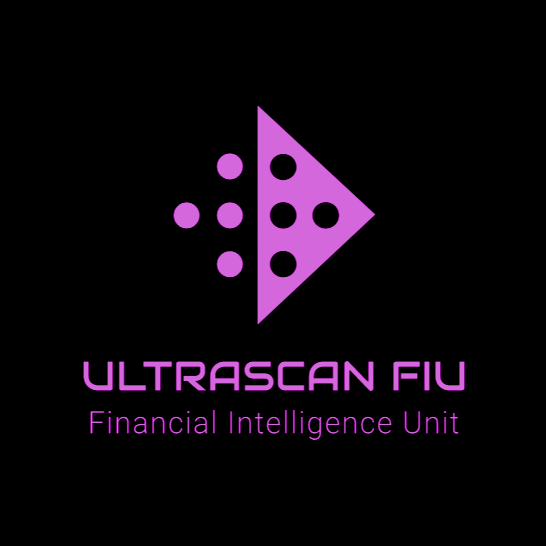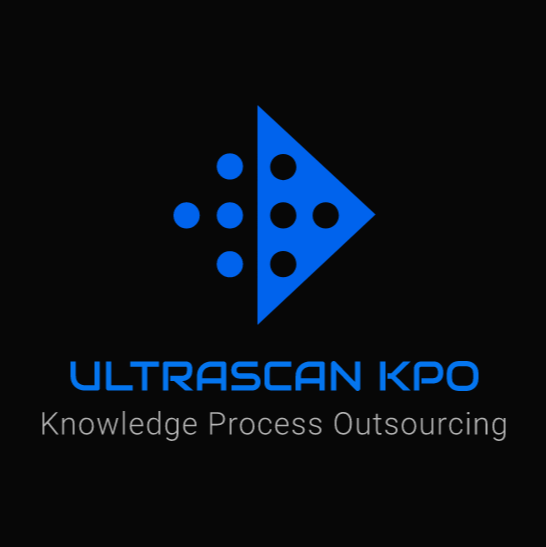7 JULY 2017, 4:00PM / JOSUÉ MEHOUENOU AND CÉLIA LÉBUR
In 2010, she sank more than 5 million CFA francs ($8 700) into an investment scheme that promised a quick profit.
“It’s a deposit I should never have made,” she says. “My business took a hit and my health as well. I’ve been depressed for a long time. I was counting on the savings I’d make to expand my business. But it was useless. All my money has gone.”
Seven years after what was described as the biggest financial scandal in Benin’s history was revealed, 20 people went on trial last week.
Sadiatou is one of nearly 150 000 people who the International Monetary Fund estimates were defrauded of more than 150 billion CFA francs in the Investment Consultancy and Computing Services (ICC Services) case. Some estimates, however, say as many as 300 000 people were lured into parting with their hard-earned or borrowed cash and life savings on the promise of 150% to 200% per quarter returns.
Despite repeated warnings about investing in so-called pyramid or Ponzi schemes, such scams are becoming commonplace throughout Africa.
Frank Engelsman, who heads the Amsterdam- and Paris-based Ultrascan, which specialises in detecting international financial fraud, says such schemes are booming.
“First, because the (communication) infrastructure in the big cities of Africa is improving rapidly, both phone and internet infrastructure - and that’s what these fraudsters need. Second, because in those cities police are not trained to handle internet international communication crimes.”
In Gabon, a business run by Pentecostal church pastor Yves David Mapakou allegedly swindled up to 30 000 French and Gabonese clients by promising profits on investments. A complaint was lodged in Paris in August.
Nigeria remains the undisputed champion of fraud, having assiduously developed “419” scams over the years - a reference to the relevant section of the local criminal code.
Victims from around the world have been duped into handing over billions of dollars through a barrage of unsolicited e-mail appeals and job offers, as well as promises of marriage.
Engelsman said this type of fraud had spread from Nigeria to neighbouring countries in West Africa, taking advantage of the lack of capacity of law-enforcement agencies to investigate.
“Like most bad things, crime tends to spread when not put to a halt; they widen their scope to improve effect and, thus, income.”
Development can even play a part in the scams.
“It’s easier when the infrastructure is good, in countries where the chamber of commerce is registering companies easily and bank accounts are opened based on one or more registrations,” he added.
The Ponzi scheme in Benin, likened to the one run by Bernie Madoff in the US which saw the financier jailed, involved paying initial investors with the money from new clients.
Textile worker Aline Aklassato said she had “no reason at all not to believe” the scheme would not work.
“Colleagues and friends had made deposits and received dividends,” she said. “I got dividends myself for two months of 300 000 CFA francs before the difficulties started.”
As the case wound its way to trial, few of the alleged victims were able to attend court hearings.
The current trial will only look at establishing criminal liability. But for salesman Leandros Koudenoukpo “the key question is reimbursement”.
In 2010, Benin’s government launched a compensation scheme for victims through the sale of assets seized from ICC Services. But only a few benefited. The 20 defendants in the dock are facing charges of conspiracy, defrauding the public and practising illegal banking and micro-finance.
Key questions that need answering are: how were ICC Services and other firms involved able to prosper over the years, despite having no authorisation to run financial services? Did they have state backing?
Benin’s president at the time, former banker Thomas Boni Yayi, and several high-ranking officials were accused of complicity, but no one is officially under investigation.
Seven years have passed and Benin’s government has changed. But more time still is needed for a resolution.
The trial opened last week but was adjourned to an unknown later date, due to a lack of documents and the absence of an expert witness. - AFP
https://www.africanindy.com/news/benin-a-ponzi-scheme-and-a-long-wait-for-answers-10158575



